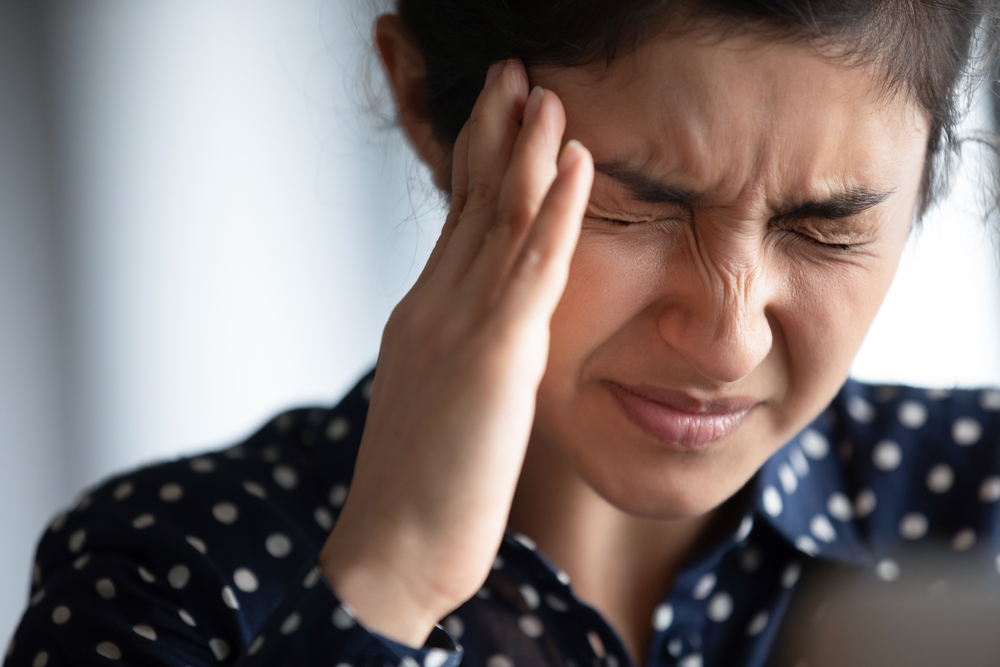
Dry eye is a condition that occurs when the eyes fail to produce adequate tears for effective lubrication. Tears can be unstable or inadequate due to several reasons. Dry eyes may occur from not producing enough tears or from producing poor-quality tears. The tear instability results in inflammation and damage to the eye surface.
Dry eyes usually feel very uncomfortable, and they often burn or sting. The condition often flares up in certain situations or environments. Fortunately, the condition can usually be managed through different treatments.
Symptoms of Dry Eyes
The symptoms of dry eyes usually affect both eyes. Some of the symptoms include burning, stinging, or scratching sensation, eye redness, sensitivity to light, and blurry vision. Other symptoms are a sensation of something in the eyes, eye fatigue, difficulty wearing contacts, and difficulty driving at night.
A stringy eye discharge and watery eyes can also be signs of dry eyes. If you experience prolonged symptoms of dry eyes, you need to visit a doctor or eye specialist.
Risk Factors for Dry Eyes
Some factors make people more likely to experience dry eyes. Some risk factors are being over 50 years old and being a woman. Tear production tends to diminish with age making the condition more common among older individuals.
Lack of tears is more common among women due to hormonal changes during pregnancy, menopause, and from using birth control. Other risk factors are wearing contact lenses and eating a diet low in Vitamin A.
Complications of Dry Eyes
Several complications can occur due to dry eyes. These are eye infections and damage to the eye surface. Tears help to protect the eye surface from infection. Inadequate tears increase the risk of infections. Severe dry eyes can lead to inflammation, corneal ulcers, abrasion to the corneal surface, and vision loss. Dry eyes can affect everyday activities, which decreases the quality of life.
Dry Eye Management
There are several ways to treat or manage dry eyes. Managing the condition will depend on the cause. Using artificial tears regularly can help with chronic dry eyes. Your eye doctor can recommend eye drops that will work effectively to keep your eyes well lubricated. Some supplements or vitamins can help with dry eyes.
Vitamin A is vital for eye health. It is essential for the production of tears. Research suggests that taking Vitamin A daily can help to improve symptoms of dry eyes. It is important to talk to your doctor before taking supplements.
Dry Eye Prevention
Some things can be done to prevent dry eyes. They include avoiding situations that aggravate the symptoms. Avoid blowing air from hair dryers, fans, heaters, and air conditioners, directly into the eyes. Stop smoking and avoid smoke-filled areas. A humidifier can help to create an ideal indoor environment.
Wear sunglasses or protective eyewear to protect the eyes from dry air and wind. Take frequent breaks when performing tasks that require visual concentration and position your computer correctly to avoid straining your eyes.
If you suffer from dry eyes, it is important to visit a doctor for a checkup. In some cases, an underlying medical condition may be responsible for the condition. The doctor will recommend the best management solution for your condition.
For more on dry eye management, visit Coers Family Eyecare, PC, at our office in Columbus, Indiana. You can also call (812) 408-8400 to book an appointment today.









